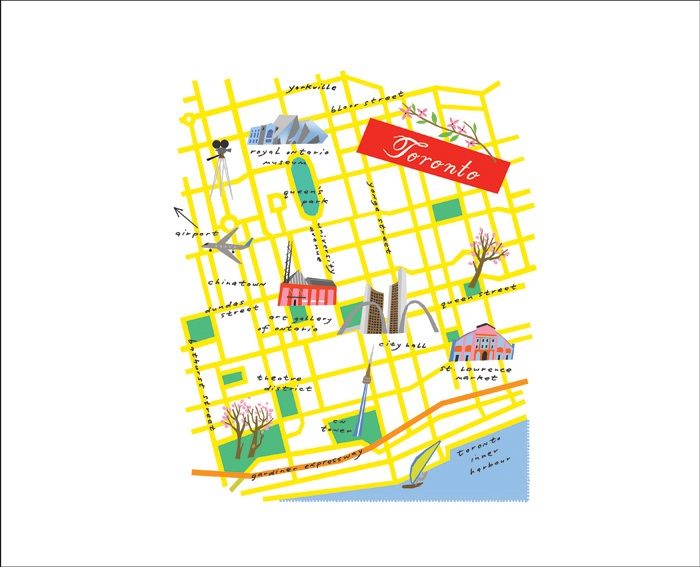Visa

“It is the working man who is the happy man. It is the idle man who is the miserable man.” -Benjamin Franklin
Traveling across months of ocean, fearing disease and possible death each time he left the newly formed United States, Benjamin Franklin founded the first American diplomatic station around 1778, located in Bordeaux, France. His intention was to promote a strong relationship with the French republic, which had funded a large portion of the Revolutionary War against the British.
Two hundred and thirty-two years later there I was, staring at his statue, a small thing stuck underneath a tree near the Trocadéro metro stop. I was just denied another job position based upon my visa status – visiteur. This status allows me to stay in France but not to work legally. I now spend my days searching for work, thinking about how I can keep myself here with my girlfriend. Of course I am given many suggestions by friends and family – “Get married!” “Get a student visa and work part-time.” “Work under the table.” “Find online jobs.”
“Get married!”
I believe all of these are great ideas, most of which I am currently working on, however I began to think about the very idea of a visa. Called “paper that has been seen” in Latin (charta visa), the visa has been around since the Romans, and probably long before them as well. It is a symbol of allowance, of being able to move across boundaries. It is a document that tells the locals that you are permitted to come into their land and to stay for as long as this document is valid. I am reminded of the African slaves kidnapped and dragged to America, now the same country that sets extraordinary demands for entrance of Africans. For example, I know of a woman from the Congo whose tribe was wiped out, whose husband disappeared, who was raped multiple times, having children from these rapists, who was now waiting to get legal rights to stay in the United States because Canada had refused her. It is unknown whether she will be able to stay, and the visa process, I was told, could take at least a year. Where will she be then?
On the other hand I understand the logic of the visa. In a world without visas there would be more employment and resource problems, as populations would travel towards the most desirable areas. However, the current rules and regulations for visas appear to benefit those who either have the money or needed talents for a certain region. The outcome of this is what is called the “brain drain” - skilled people moving away from their homeland en masse for better opportunities elsewhere, thus leaving behind a population less educated and less skilled. Most western countries only want foreigners if they are talented or rich; otherwise they are seen as a burden to the state. I believe with the growing population there will also be a rise in nationalism as well, causing more problems to the already complicated visa issue, which can clearly be seen with the State of Arizona’s new laws on illegal immigration. Can there be a delicate balance between having no visa at all and having a structured way of channeling populations? In other words, I am neither a composer of classical music nor Donald Trump, but I am also not a murderer or any other danger to the system – is there a way for me to live and work legally without having to run the gamut of bureaucratic labyrinths?
Matt





